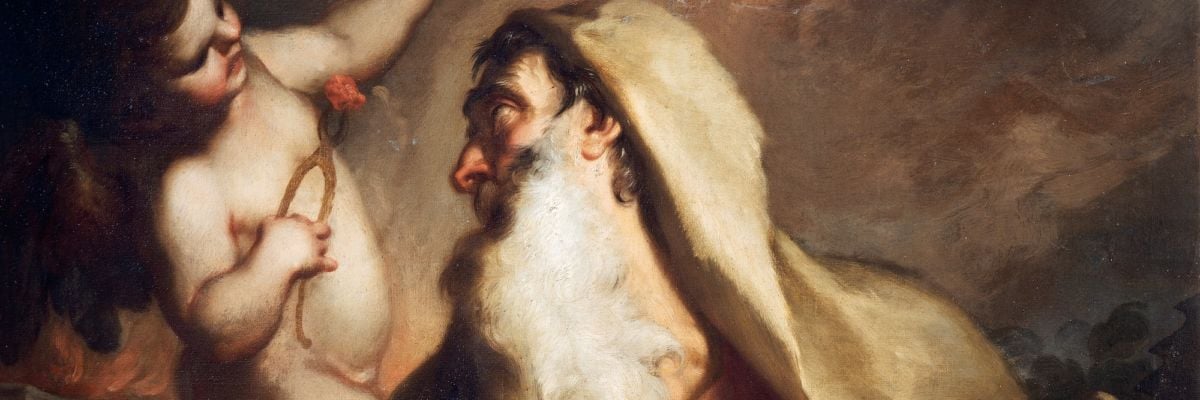
DAY 72
CHALLENGE
“The deuterocanonical books aren’t Scripture because they aren’t prophetic. None of them claim to be written by a prophet, contain predictive prophecy, or contain messianic prophecy.”
DEFENSE
The criterion by which a book is to be evaluated for the canon is whether it is divinely inspired, not whether it is “prophetic” in those senses. Further, claims about the deuterocanonicals not containing any prophecy are inaccurate.
Books are Scripture if they are divinely inspired (2 Tim. 3:16). They do not have to have someone who functions as a prophet as their author (Luke, for example, was not known as a prophet, but he wrote at least two books of Scripture—his Gospel and Acts). Despite this, the book of Baruch is attributed to the same Baruch who served as the prophet Jeremiah’s scribe in writing the book of Jeremiah (Bar. 1:1; cf. Jer. 32:12, 36:17–18). Also, Baruch 6—also known as the Letter of Jeremiah—is attributed to Jeremiah himself (Bar. 6:1).
Books do not have to contain predictive prophecy to be Scripture. Many do not contain forecasts of specific, future events in the literal sense of the text (i.e., the sense intended by the human author, apart from additional, spiritual meanings intended by the Holy Spirit). Ruth, Proverbs, Song of Songs, and Ecclesiastes are examples of books that do not contain predictive prophecy.
However, the deuterocanonicals do contain predictive prophecy. This is true both of prophecies already fulfilled (see 2 Macc. 15:13–29) and prophecies still in the future (see Bar. 4:21–5:9; Tob. 14:5–7; 2 Macc. 7:23, 12:43). These reflect the same types of prophecy found in the protocanonical books of Scripture.
Messianic prophecy is usually found in the spiritual sense of Old Testament texts. For example, “Out of Egypt I called my son” (Hos. 11:1b) literally applies to the nation of Israel (see Hos. 11:1a), but in the spiritual sense it also contains a messianic prophecy (Matt. 2:15). The deuterocanonicals contain messianic prophecies of this sort that are just as clear as those found in the protocanonicals. For example, Wis- dom 2:12–23 contains a meditation on how the wicked plot against a righteous man who regards himself as God’s son. They condemn him to a shameful death, but they do not recognize the secret purposes of God, who created man for incorruption. This is a clearer messianic prophecy than most.



